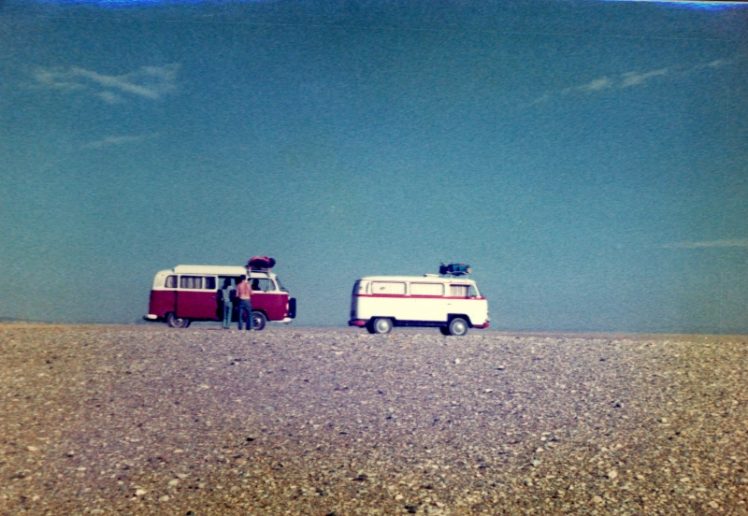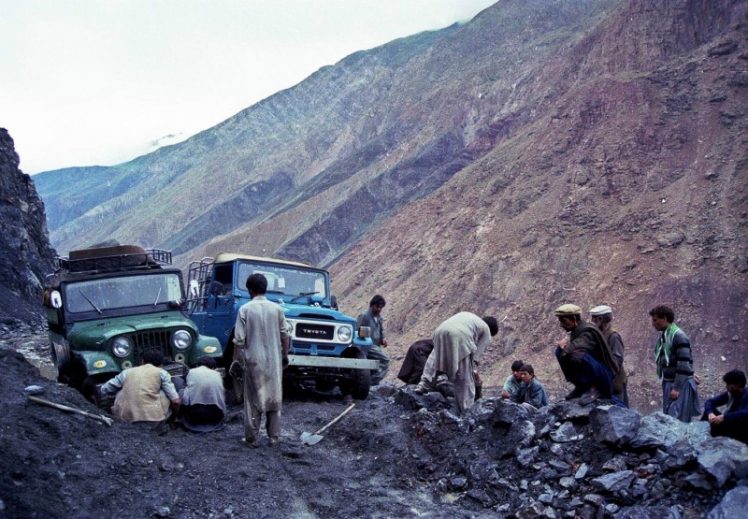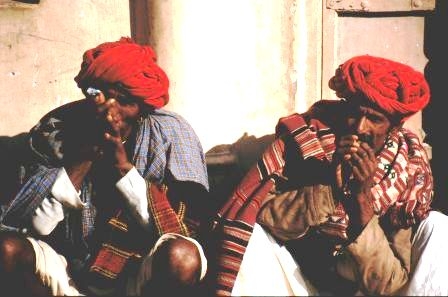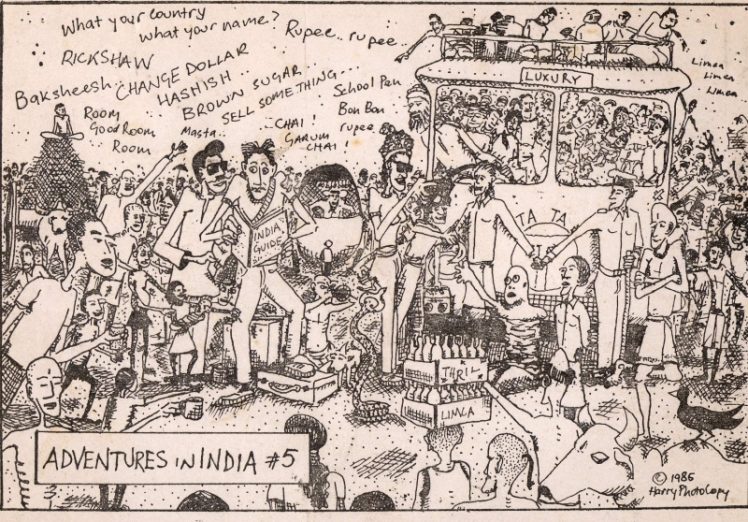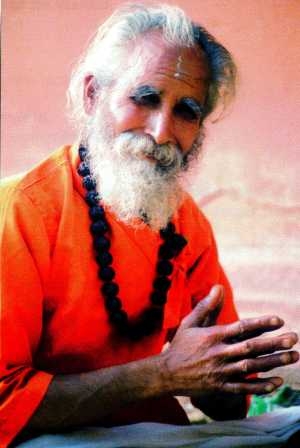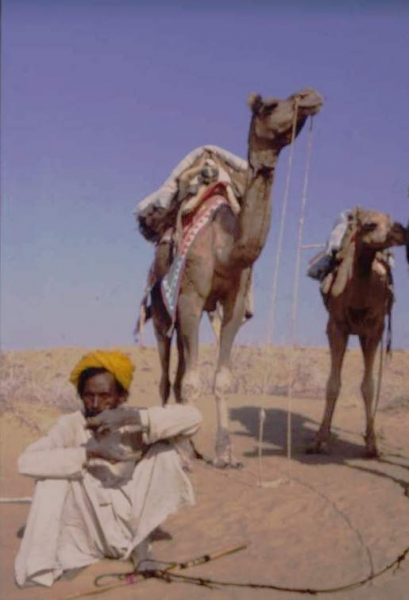
Sylvan Trails; Finding our Ways through Woodlands
Humans have grown up with trees, at once a place of shelter, and of threat, of easily generated myths, yet bestowing a soothing magic. It comes as no surprise that trees should be at centre stage in our current search for effective recuperative measures to address our climatic misdeeds. Indeed, with the strictures on congregation brought on by pandemic, woodland of any sort has become a refuge, a natural hospice, a personal shrine for so many people unable or unwilling to risk health in the company of our fellow beings.
